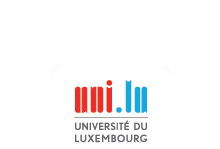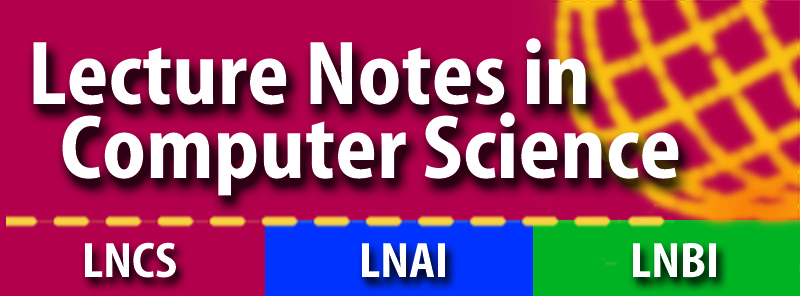UPDATE: After evaluating the ongoing COVID-19 situation, the decision has been made to run ESORICS 2020 and the associated workshops as an online event. Therefore, STAST 2020 will take place as entirely virtual.
Call for Papers
This call for papers is available in PDF and in TXT.Type of contributions
We consider the following submission types:
- Full Papers, discussing original research, answering well-defined research questions, and presenting full and stable results;
- Position Papers, original contributions discussing existing challenges and introducing and motivating new research problems;
- Case Studies, describing lessons learned from design and deployment of security mechanisms and policies in research and in industry.
- Work in Progress, describing original but unfinished research, which is nevertheless based on solid research questions or hypothesis soundly argued be innovative compared with the state of the art.
Accepted papers will be published as post-proceedings with Springer in their Lecture Notes in Computer Science series. To celebrate the 10th edition of the workshop, the authors of the best papers will be invited to submit extended versions of their work for a special issue of the Journal of Computer Security.
Workshop Topics
Contributions should focus on the interplay of technical, organizational and human factors in achieving or breaking computer security, privacy, and trust; for example:
- Usability and user experience
- Models of user behaviour and user interactions with technology
- Perceptions of related risk, as well as their influence on humans
- Social engineering, persuasion, and other deception techniques
- Requirements for socio-technical systems
- Decision making in/for socio-technical systems
- Feasibility of policies from the socio-technical perspective
- Social factors in organizations' policies and processes
- Interplay of law, ethics and politics with security and privacy measures
- Balance between technical measures and social strategies
- Threat models that combine technical and human-centered strategies
- Socio-technical analysis of incidents and vulnerabilities
- Studies of real-world vulnerabilities/incidents from a socio-technical perspective
- Lessons from design and deployment of mechanisms and policies
- Strategies, methodology and guidelines intelligence analysis
- Methodologies and methodological reflections in pursuit of these goals
We welcome qualitative and quantitative research approaches from academia and industry.
We welcome meta-analytic as well as replication studies and consider them as original research eligible for full papers. We welcome negative or null results with sound methodology.


